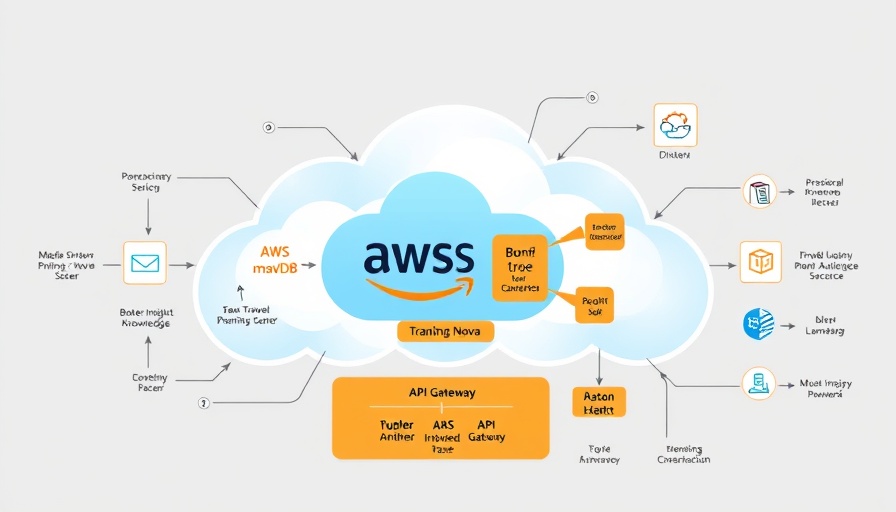
Unraveling the Private Equity Landscape
Megan Greenwell’s book, Bad Company: Private Equity and the Death of the American Dream, delves into an intricate subject that carries profound implications for workers and industries across America. Private equity, a system of funding that has garnered power and controversy, operates through buying companies outright, unlike venture capital that tends to foster growth in startups by investing in their potential. With 12 million Americans working in firms under this model—attempting to navigate job stability and career advancement—the urgency to understand this economic force is paramount.
The Human Cost of Financial Engineering
Greenwell’s narrative centers around personal stories, focusing on four individuals affected by private equity's ruthless strategies. For instance, a Toys “R” Us supervisor recounts the devastation following the chain's bankruptcy, symbolizing a loss not only of a job but also a cherished livelihood. Through the lens of such real-world examples, Greenwell illuminates a broader truth: that the practices of private equity firms—prioritizing profit over personnel—cast shadows on the 'American Dream' by prioritizing financial gain over the workforce.
Why Employees Are Taking Action
While the book paints a sobering picture, it also shines a light on resilience. Workers are not merely passive victims; they are standing up against the devastating impacts of private equity through inventive grassroots movements and organized labor tactics, fighting tirelessly to reclaim their rights and safeguard their futures. Their efforts offer a necessary counter-narrative to the despair depicted by exposing private equity’s predatory practices.
Understanding the Shift in Business Approaches
With the rise of private equity, a transformation in business ethics and operations has emerged. Greenwell highlights how the firm’s focus on short-term profits often sacrifices long-term viability and innovation, suggesting that this model prioritizes financialization over sustainable business practices. This shift raises critical questions relevant to today's executives and decision-makers, who find themselves navigating a landscape molded by these practices. Executives must adapt by reassessing their company's own strategies to foster growth that prioritizes not just shareholder value but the welfare of employees.
What Every Executive Needs to Know
Recognizing the intricacies of private equity is essential for modern business leaders. Understanding these firms’ motivations provides invaluable insights into maintaining a competitive edge while keeping employee welfare at the forefront. Strategically engaging with these principles can not only help protect existing jobs but also foster environments that enable innovation—key to thriving in today’s dynamic economy.
 Add Row
Add Row  Add
Add 




Write A Comment